BGS responds to Government’s ambitious Ten Point Plan for net zero transition
BGS has welcomed the Government’s Ten Point Plan for a Green Industrial Revolution which highlights the importance of geology and the ongoing need to support essential geoscientific research that will underpin the UK’s long term energy transition.
18/11/2020 By BGS Press
Clean hydrogen, carbon capture and storage (CCS), zero-carbon transport and offshore wind are all key pillars of the Prime Minister’s ambitious Ten Point Plan to drive the UK towards a net zero emissions target, which will be backed by £12 billion in Government investment and aims to create 250 000 new, ‘green’ jobs.
BGS, which provides expert and independent advice on key areas of geoscience, says that before meaningful progress can be made towards technologies required for decarbonisation, scientists rapidly need to advance their understanding of the subsurface.
The Prime Minister’s statement illustrates how important geology and geological technology is for the energy transition and for the commitment to net zero.
The underground plays a vital part in this agenda and it is very important that we don’t underestimate the efforts needed to achieve this.
We recommend more funding for research in this area, and policy and regulatory support to improve investor confidence and to encourage business to get involved and make a green industrial revolution a reality for the UK.
Our role in providing expert and independent advice on key areas of geoscience, places us in a unique position to work with partners in supporting the net zero agenda.
Dr Karen Hanghøj, BGS Director.
If we want to reach net zero by 2050, we need to focus on increasing our knowledge of the subsurface of the UK.
Geothermal energy, carbon capture and storage, hydrogen and subsurface heat storage are four technologies that could get the UK towards net zero.
We need more large-scale pilot and demonstrations of geothermal, CCS and subsurface heat and hydrogen storage so that we can make rapid advances in these fields.
Prof Mike Stephenson, BGS Chief Scientist for Decarbonisation and Resource Management.
To support this, BGS will continue to research the optimal use of the rocks under the seabed for carbon dioxide and hydrogen storage, as well as establish the geological foundations of the infrastructure we will need to realise this important endeavour – new platforms, new windfarms and new pipeline infrastructure.
Through the newly established £31 million UK Geoenergy Observatories along with the broader research community, BGS will research the extraction of geothermal heat from old coal mines and other buried rocks, as well as looking into storing industrial heat or summer heat below the surface, so that it can be used later.
To support the nuclear industry, BGS will research the safe and long-term disposal of radioactive waste in deep, secure underground vaults so that it will be safe for future generations, and so that the UK can benefit from low carbon, reliable baseload electricity.
BGS also welcomes the Government’s support to develop homegrown electric cars in the UK’s world-leading manufacturing centres in the West Midlands, north-east England and North Wales. As the UK’s national provider of information and data on metals critical for battery manufacture, the BGS will research both the prospects for metal extraction in the UK and the international security of supply of metals which can help to meet the demand for batteries and other low carbon technologies.
Relative topics
Related news
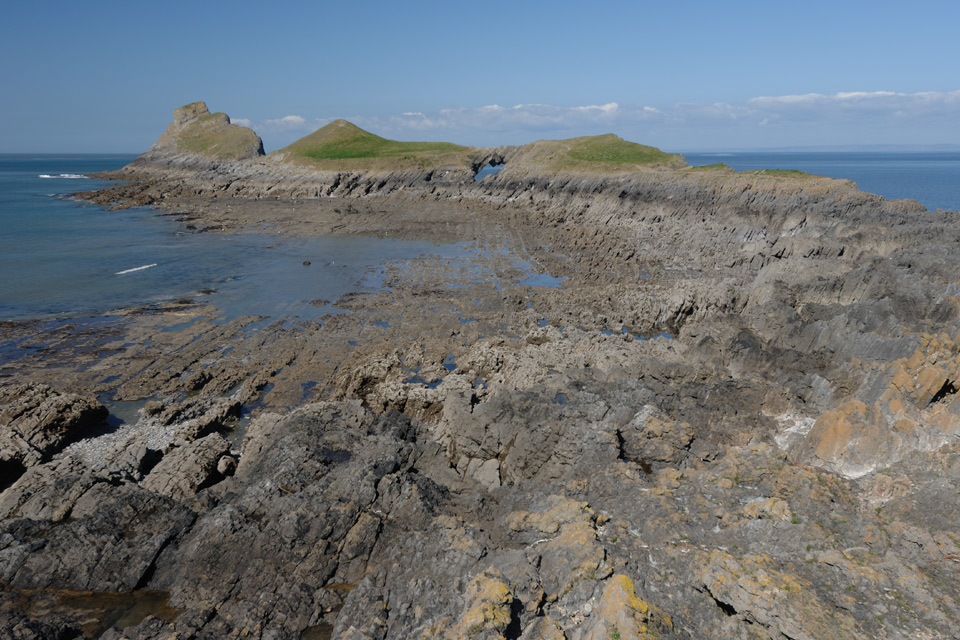
Extended seabed geology map of the Bristol Channel published
07/10/2025
BGS has released significantly extended high-resolution maps that will support offshore green-energy initiatives in the area.
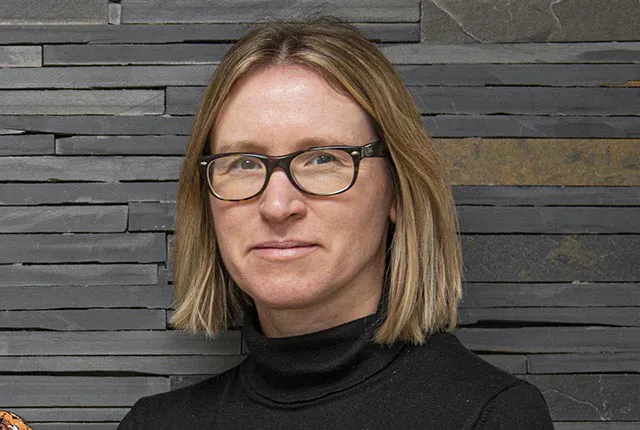
Dr Angela Lamb appointed as honorary professor by the University of Nottingham
02/10/2025
Dr Lamb will take up the position of honorary professor of environmental geochemistry, with a focus on collaborative research.
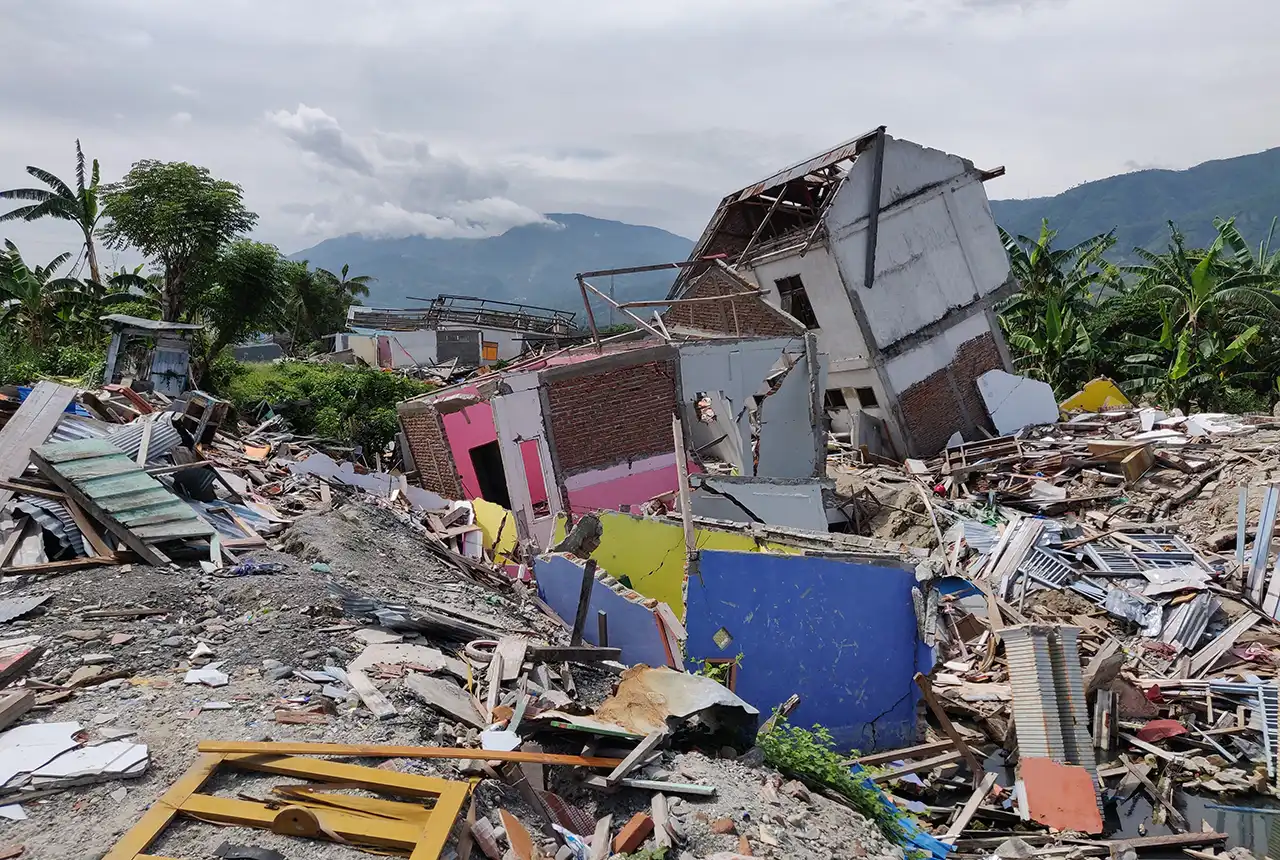
New report sets pathway to reduce the impacts of geohazards in one of the world’s most hazard-prone nations
30/09/2025
A new White Paper, co-developed by Indonesian and UK hazard experts, presents a strategic roadmap to significantly reduce the impacts of geological hazards in Indonesia.
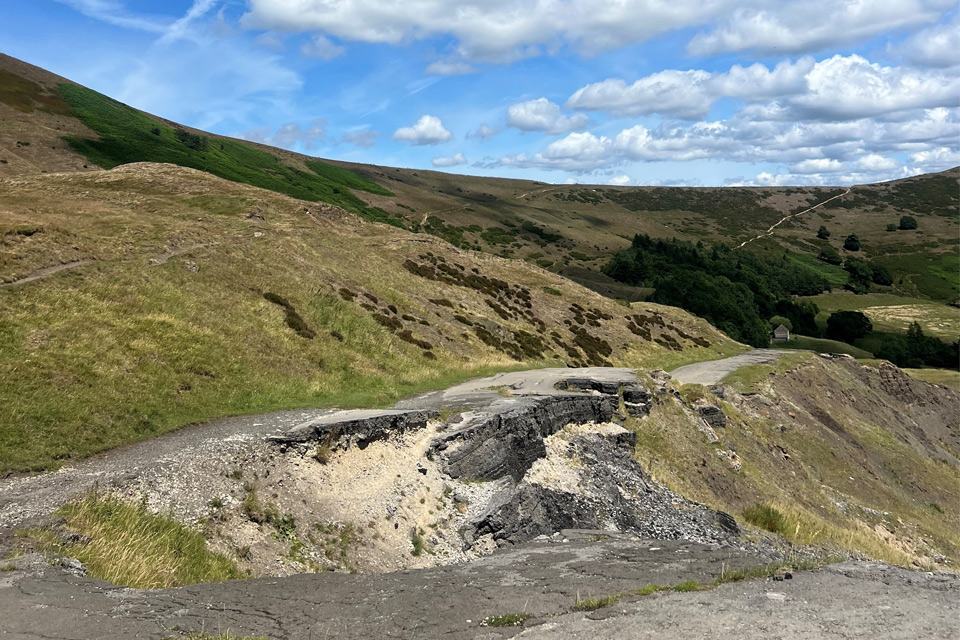
Artificial intelligence helps scientists identify 3000 moving slopes potentially at risk of landslide
25/09/2025
A new approach that combines AI and satellite data has been used by scientists to detect actively moving landslides at a national scale.
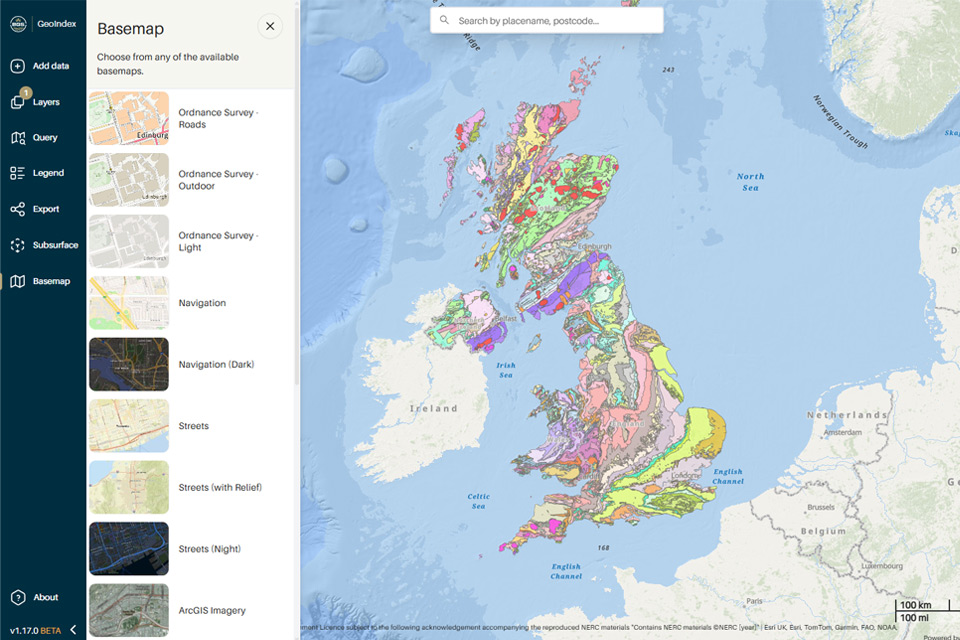
New BGS GeoIndex viewer released for user testing
24/09/2025
The premium map-viewing application has been given a major upgrade and made available as a beta release.

UK scientists in awe-rora as national coverage of magnetic field complete for the first time
23/09/2025
New sensors being installed across the UK are helping us understand the effects that extreme magnetic storms have on technology and national infrastructure.
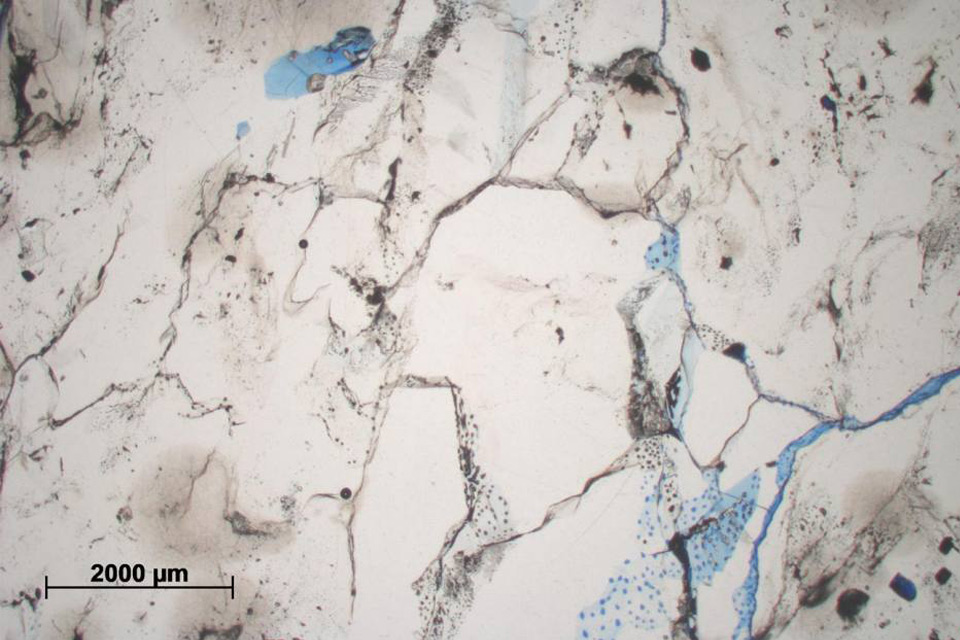
Funding awarded for study on hydrogen storage potential in North Yorkshire
22/09/2025
A new study has been awarded funding to explore the potential for underground hydrogen storage near the Knapton power plant.
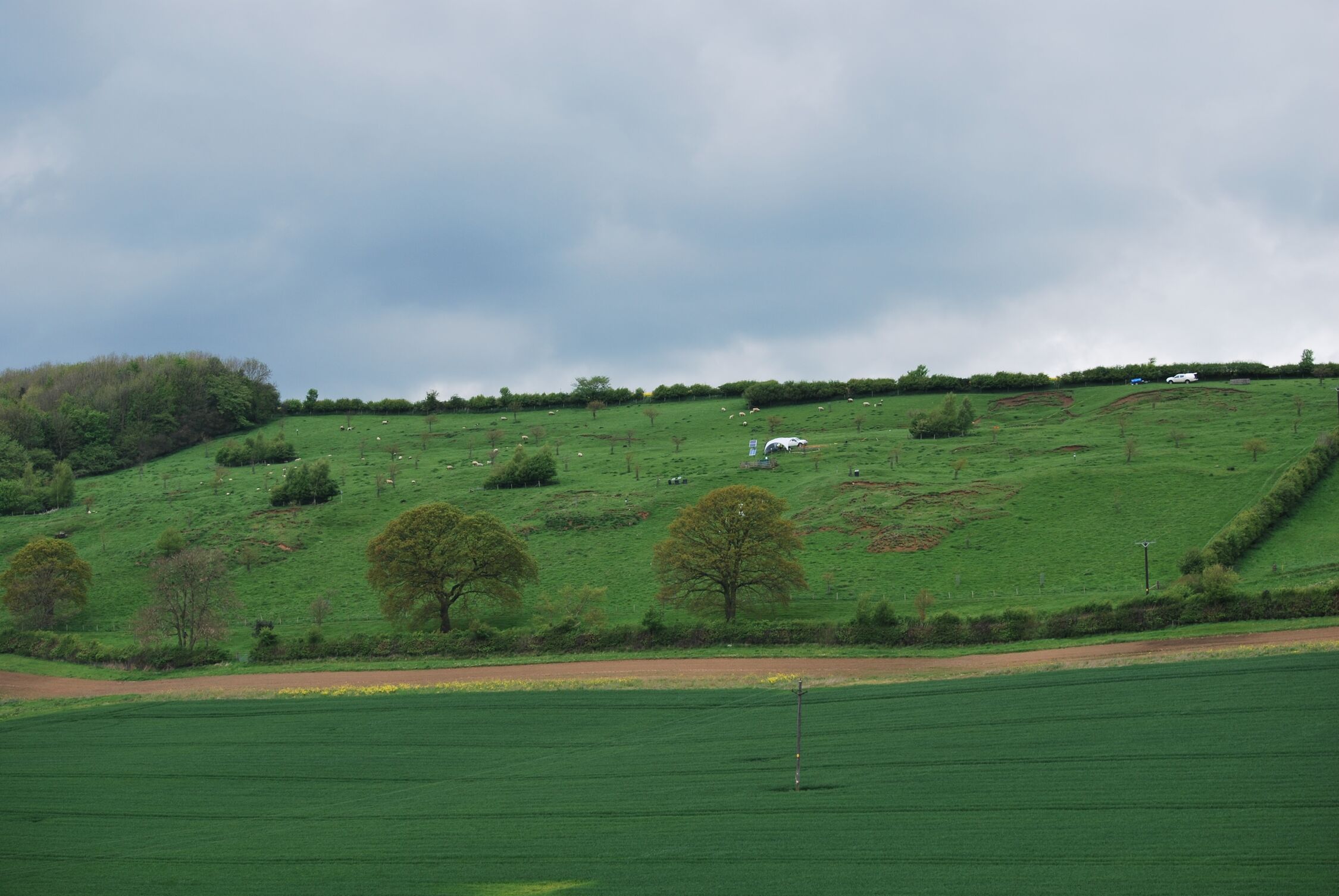
BGS-led paper scoops prestigious award
16/09/2025
New research providing earlier warnings of landslides has been awarded the British Geotechnical Association medal.
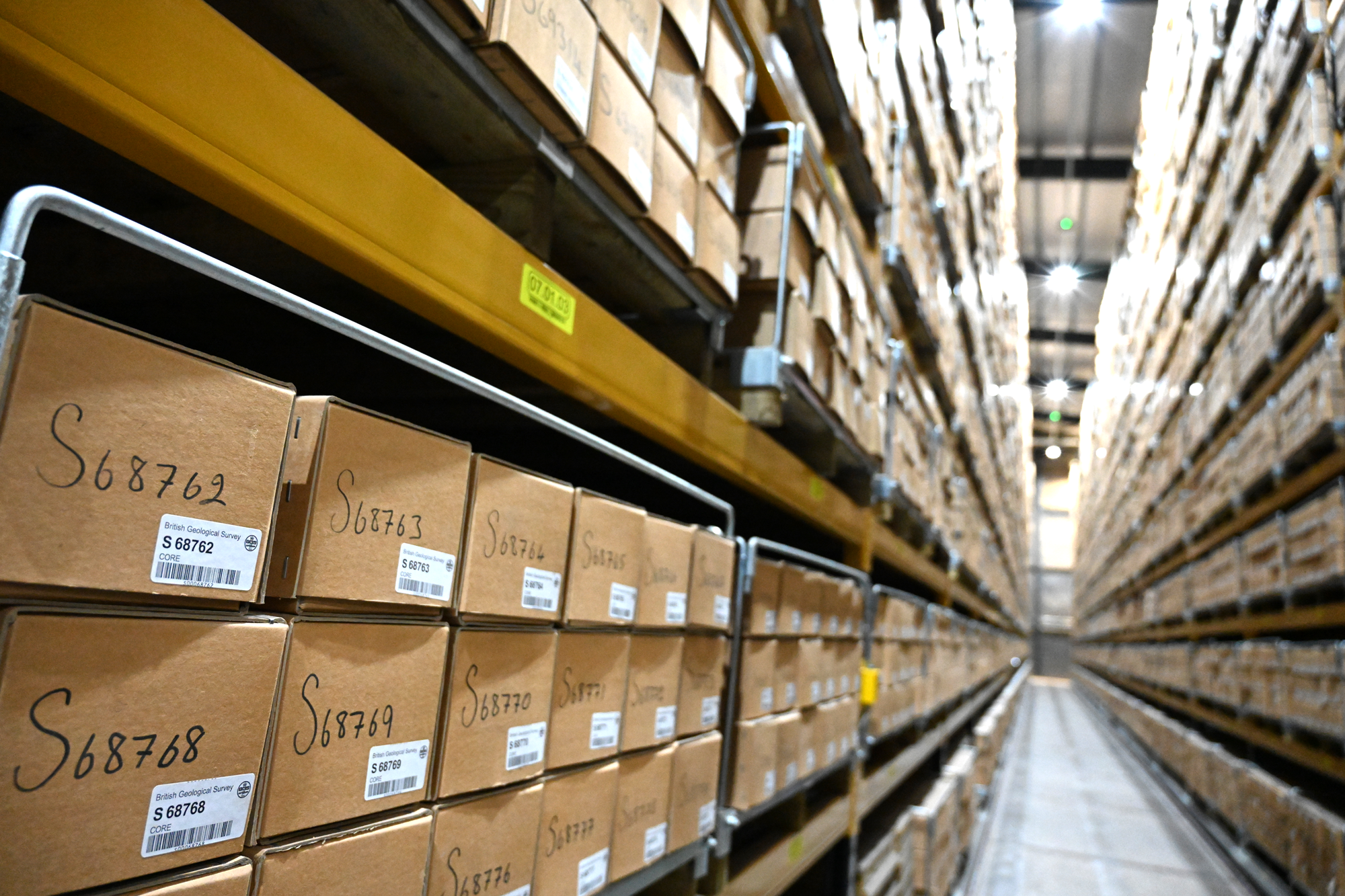
Why do we store geological core?
11/09/2025
With space at a premium and the advance of new digitisation techniques, why does retaining over 600 km of physical specimens remain of national importance?

New seabed sediment maps reveal what lies beneath the waves
03/09/2025
Marine ecosystem science and offshore infrastructure will be boosted by a new dataset showing sediment composition across the UK continental shelf.

New geological ‘pathways’ discovered beneath Welsh capital
02/09/2025
Scientists have discovered cavities in the clay underneath Cardiff, which will influence the siting of future geothermal developments.
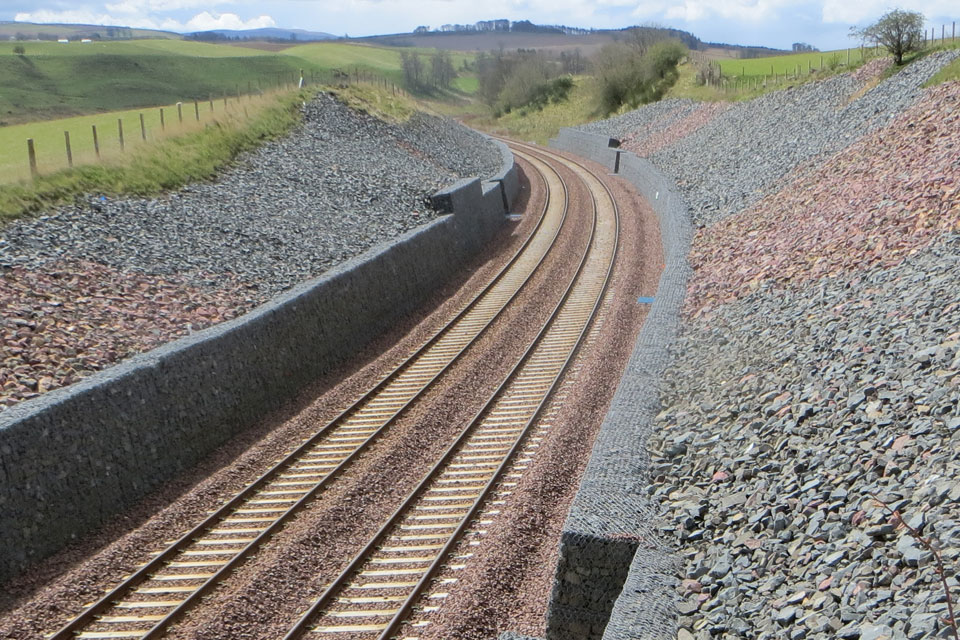
BGS artificial ground data: what do you need from a geological survey?
28/08/2025
BGS is seeking user feedback on artificial ground data: how you use it, what information you consider, and what we can do to improve our offering.



